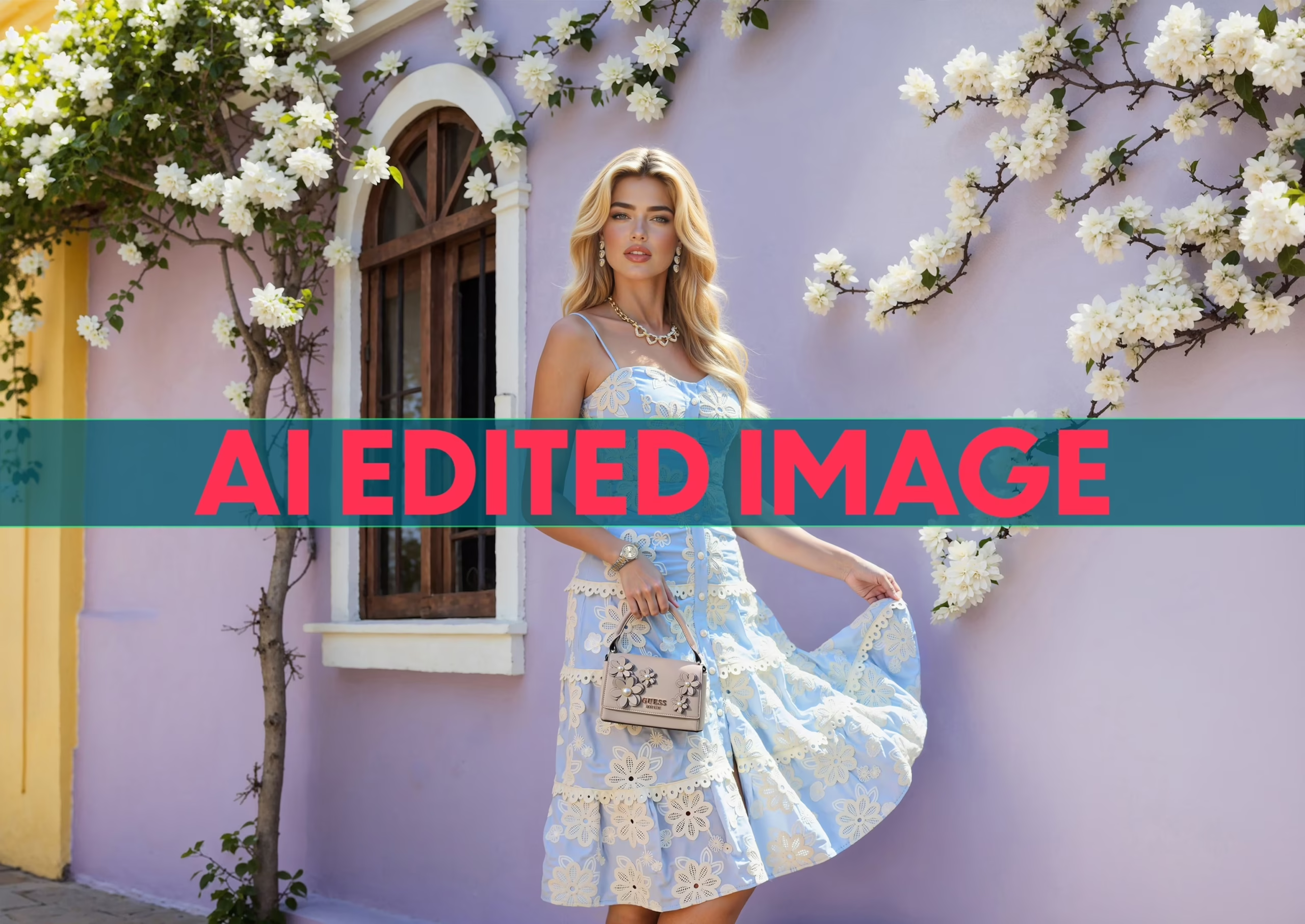Fast-fashion giant Shein has pulled a listing for a men’s shirt, after what appears to be an AI-generated image resembling Luigi Mangione – the 27-year-old charged with killing UnitedHealthcare CEO Brian Thompson – was used to sell the floral button-down.
Mangione, who is currently being held at the Metropolitan Detention Center in Brooklyn, has pleaded not guilty to federal charges, including murder and stalking.
Prosecutors have said they will pursue the death penalty if he is convicted.
The image
News spread of the photo’s existence last night, after being shared by culture and news account Popcrave on X.
Shein’s website appears to use Luigi Mangione’s face to model a spring/summer shirt. pic.twitter.com/UPXW8fEPPq
— Pop Crave (@PopCrave) September 3, 2025
By Thursday morning, Shein had taken down the listing, though an archived version remains accessible.
Shein’s explanation
The shirt was supplied by Manfinity, a third-party brand known for using AI-generated models across its Shein products.
In a statement provided to several media outlets, including 404 Media, Shein said: “The image in question was provided by a third-party vendor and was removed immediately upon discovery. We have stringent standards for all listings on our platform. We are conducting a thorough investigation, strengthening our monitoring processes, and will take appropriate action against the vendor in line with our policies.”
The archived product description read: “Men’s New Spring/Summer Short Sleeve Blue Ditsy Floral White Shirt, Pastoral Style Gentleman Shirt For Everyday Wear, Family Matching Mommy And Me (3 Pieces Are Sold Separately).”
By the time it was removed, all sizes had sold out except XXL.
Memes and online adulation
The circulation of Mangione’s image online offers some explanation as to how it ended up tied to a product listing in the first place.
Since his arrest in Pennsylvania late last year, Mangione has become the subject of memes. One post, viewed millions of times, showed James Gandolfini as Tony Soprano with the caption: “In this house, Luigi Mangione is a hero, end of story.”

Susan Campbell, a lecturer in the Department of Communications, Film, and Media Studies at the University of New Haven, told Forbes this type of response towards accused criminals isn’t new.
“Pre-social-media cheered on the likes of Bonnie and Clyde, Belle Starr, and members of the James Gang as well as any other outlaw romanticised in the media. This was especially true so long as the perception was these criminals were doing battle against a system that is set up to favour the already favoured,” she said.
Growing use of AI in fashion
Forget the days of being outraged over airbrushing, because it’s now getting harder and harder to tell whether or not the model wearing your favourite new outfit is even real.
Manfinity and other Shein-affiliated vendors have leaned heavily on AI-generated models, often featuring stylised men in workout gear or children in promotional listings.
The use of AI in fashion has accelerated more broadly, with brands such as Guess trialling AI-generated women in advertisements run by Vogue.

Guess’ AI image which ran in Vogue
The case highlights the risks for marketplaces where product imagery is increasingly automated. Automated systems can quickly seize on trending memes or viral faces, sometimes without sufficient oversight before items go live.
Regulatory and business backdrop
This incident comes as Shein faces wider regulatory scrutiny.
EU justice commissioner Michael McGrath recently pledged tougher rules on goods sold by China-linked marketplaces like Shein and Temu, citing safety and compliance risks.
Shein has previously stated it is “fully committed to ensuring the products we offer are safe and compliant.”
Regulatory shifts are also under way in the UK and US regarding customs duty thresholds, which affect how fast-fashion imports are taxed and checked.
